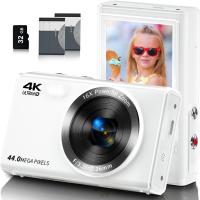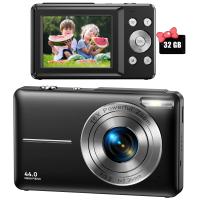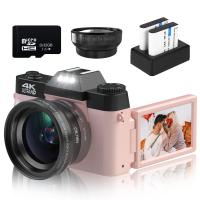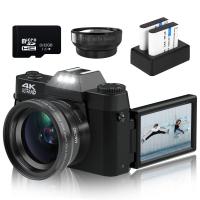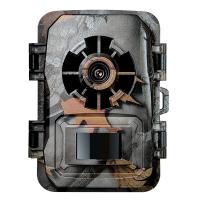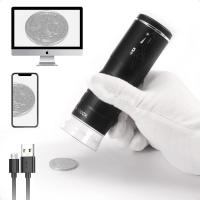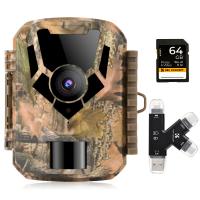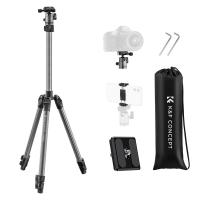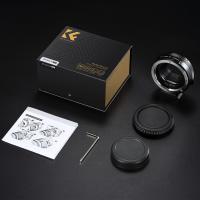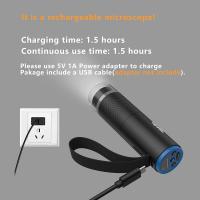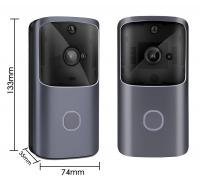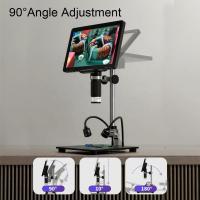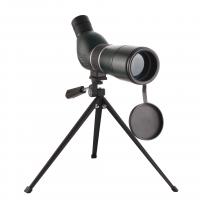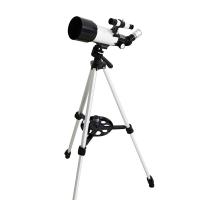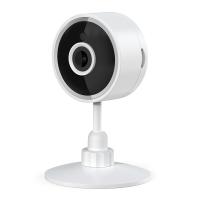Where To Fix My Digital Camera?
If you rely on a digital camera to capture memories, work on your creative projects, or support your business, encountering problems with it can be frustrating. Whether it’s unexpected malfunctions, physical damage, or software glitches, knowing where to fix your digital camera is critical. Addressing these issues promptly ensures that your device can perform optimally while extending its lifespan. In this comprehensive guide, I’ll walk you through the different options for getting your digital camera repaired, what factors to consider, and the steps you can take to make an informed decision.
---
1. Camera Manufacturer Repair Centers

One of the most reliable options is sending your camera to the manufacturer’s authorized repair center. Major camera brands like Canon, Nikon, Sony, Fujifilm, and Panasonic offer official repair services for their products. Utilizing these services ensures that certified technicians repair your device using genuine parts, maintaining quality and performance.
Advantages:

- Technicians are trained to work specifically with your camera model.
- Repairs come with warranties, offering peace of mind.
- Original components are used, ensuring compatibility and longevity.
Disadvantages:
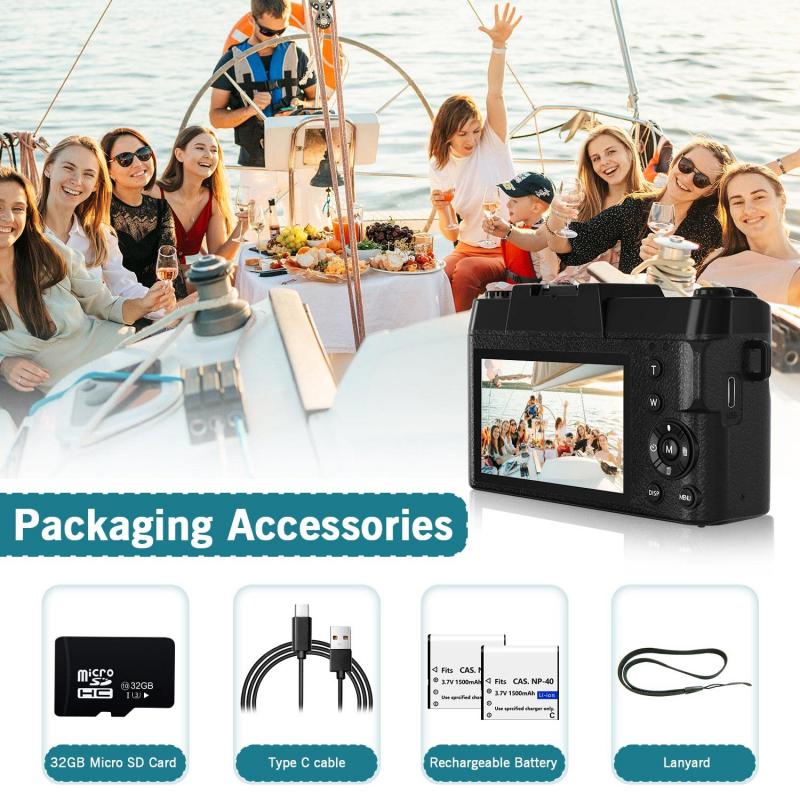
- Repairs through manufacturers can take time due to shipping and queues.
- Costs may be higher than other repair options, especially for out-of-warranty devices.
When to Choose This Option:
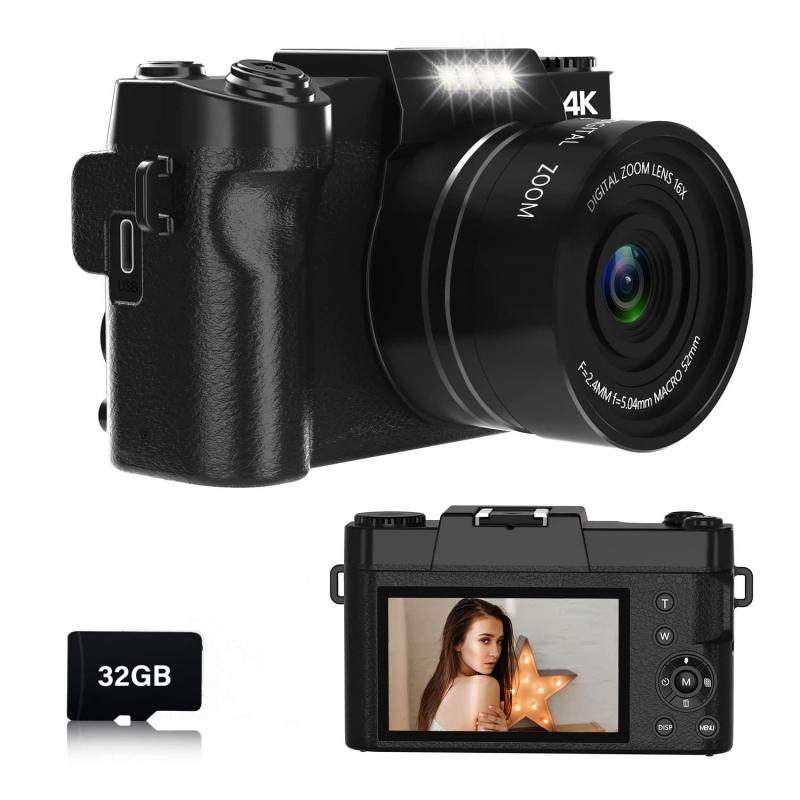
Manufacturer repair centers are best suited for warranty-covered devices or high-value products requiring precision repairs. If your camera is relatively new or you want to ensure the highest quality, this is the safest path.
---
2. Authorized Service Providers
In addition to direct manufacturer services, many brands work with authorized service centers. These facilities are trained and approved by manufacturers to repair their camera lines. They can sometimes offer quicker turnaround times compared to sending your device back to the manufacturer.
Advantages:
- Repairs meet the same standard as the manufacturer's process.
- Services may be local, reducing shipping costs and time.
- These centers often handle older or discontinued models as well.
Disadvantages:
- Verification of the service's authorization may require research.
- Costs may still be on the higher side compared to local, independent repair shops.
When to Choose This Option:
Choose an authorized service provider if you need reliable service that's closer or potentially faster than the manufacturer’s repair center. Always check that the provider is officially approved by the manufacturer to avoid risks.
---
3. Local Independent Repair Shops
Independent repair shops specialize in a wide range of electronic repairs, including cameras. These shops can be a more affordable and accessible option for many users.
Advantages:
- Cost-effective compared to official manufacturer services.
- Faster turnaround, especially for minor repairs.
- Some technicians may have expertise across multiple camera brands and models.
Disadvantages:
- Quality varies significantly depending on the shop and technician's expertise.
- Parts may be aftermarket and not OEM (Original Equipment Manufacturer).
- Warranties may not be as robust or guaranteed.
When to Choose This Option:
This option is ideal if you need budget-friendly repair services or your camera is older and no longer supported by the manufacturer. Be sure to read reviews, ask for certifications, and inquire about the warranty on repairs.
---
4. Online Camera Repair Services
In today’s digital era, many companies offer online camera repair services. These services usually involve shipping your camera to a centralized repair facility. Companies often provide shipping labels and clear instructions for sending your device securely.
Advantages:
- Convenient for individuals without access to local repair shops or service centers.
- Some services offer real-time tracking or updates during the repair process.
- Repairs are often streamlined and standardized.
Disadvantages:
- Shipping carries a risk of loss or additional damage during transit.
- Turnaround time can be longer depending on shipping logistics.
- Costs can add up with shipping fees included.
When to Choose This Option:
Consider this option if you are located in an area without nearby repair shops or authorized service providers. It's also a good choice for specialized camera repairs requiring expertise not found locally.
---
5. DIY Repairs
For those who are technologically inclined, DIY repairs can be an option. Many online platforms offer instructional videos, step-by-step guides, and access to replacement parts for common camera problems.
Advantages:
- Cost-effective since you only pay for parts and tools.
- No need to wait for technicians or shipping.
- Empowering for those who enjoy tinkering and repairs.
Disadvantages:
- Risk of further damage if repairs are done incorrectly.
- May void manufacturer warranties.
- Requires the technical knowledge and proper tools to carry out repairs effectively.
When to Choose This Option:
DIY repairs are useful for small, straightforward issues like replacing a broken battery door or cleaning dust from the lens. Avoid this approach for complex internal repairs unless you have significant technical expertise.
---
6. Renting or Replacing While Repairing
Sometimes your camera repair may take weeks, and you might need a camera immediately for work or an event. In such cases, renting or replacing your camera temporarily may be worth exploring.
Renting a Camera:
Many camera rental services allow you to borrow high-quality equipment for short-term or long-term needs. Though you’ll have to pay rental fees, you’ll maintain your productivity while waiting for your gear to be repaired.
Replacing the Camera:
For older cameras, it might be more cost-effective to replace them rather than spend heavily on repairs. Consider this option if repair costs exceed the camera’s actual value.
---
How to Choose the Right Repair Option for Your Needs
When deciding where to fix your digital camera, consider the following factors:
1. Warranty Status:
Check if your camera is under warranty. A warranty can save you significant costs for eligible repairs, making the manufacturer the most logical choice.
2. Severity of the Problem:
The nature of the problem with your camera is a crucial factor. For complex, internal hardware failures, you may want professional assistance. For minor issues like cleaning or lens replacement, local shops or DIY repairs might suffice.
3. Cost:
Evaluate the cost of repair versus the current value of your camera. For older devices, it may not make sense to pay for expensive repairs.
4. Turnaround Time:
How fast do you need your camera back? If your device is critical for professional use, prioritize faster options or temporary rentals.
5. Geographical Location:
Your location plays a role in the availability of repair services. Urban areas often have more reliable repair options, while rural locations might require shipping devices out for repair.
---
Preventive Tips to Extend Your Camera's Life
While repairs are sometimes unavoidable, proactive care can significantly reduce the risk of problems:
- Regular Maintenance: Clean your camera’s lens, body, and sensors using appropriate tools to prevent dust and dirt buildup.
- Proper Storage: Store your camera in a padded bag or case to protect it from physical damage and environmental factors like humidity.
- Avoid Moisture and Extreme Temperatures: Digital cameras are sensitive to water and extreme temperatures, so handle yours carefully in such conditions.
- Update Firmware: Keep your camera’s firmware up to date to fix bugs and optimize performance.
- Use Genuine Accessories: Stick to manufacturer-recommended batteries, chargers, and memory cards to avoid compatibility issues.
---
Fixing a digital camera doesn’t have to be a daunting process if you know your options and make educated decisions. Whether you go through the manufacturer, an authorized center, a local shop, or choose the DIY route, the key is assessing your priorities—cost, speed, and quality. By taking proper care of your camera and seeking professional assistance when needed, you can enjoy years of capturing memories and moments without the stress of frequent breakdowns. Always research your options thoroughly, and never be afraid to ask questions to ensure that your digital camera is in the best hands.



